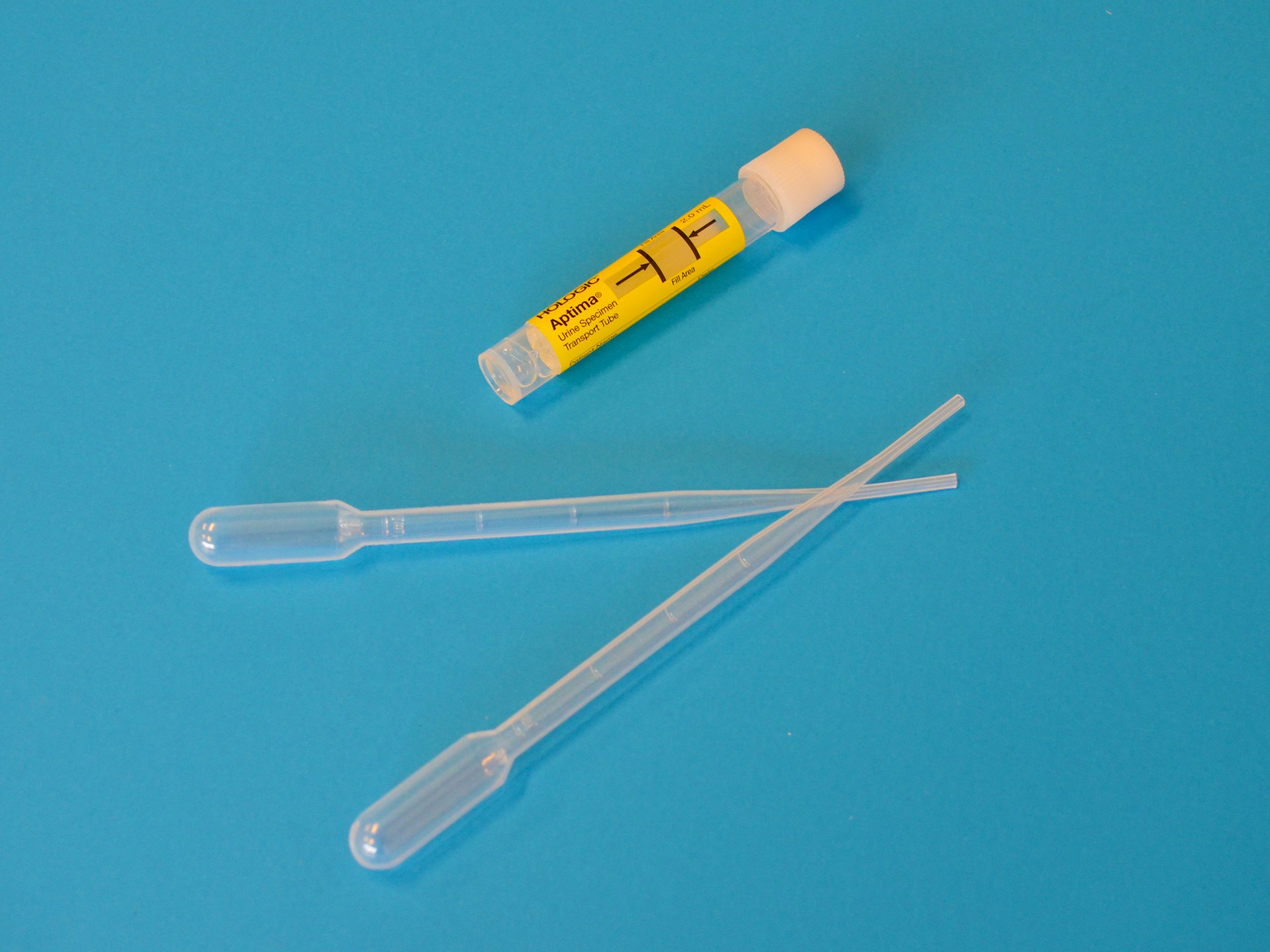
How Korean HealthTech Startups Are Innovating Post-Pandemic Healthcare
The COVID-19 pandemic was a catalyst for global healthcare innovation, with South Korea emerging as a leader in HealthTech. Known for its rapid response to the pandemic and advanced technological infrastructure, South Korea’s healthcare startups have leveraged this momentum to address long-standing healthcare challenges with groundbreaking solutions. Today, Korean HealthTech startups are transforming everything from telemedicine and diagnostics to AI-driven treatments and mental health support, setting a new global standard for digital health. This article delves into how these innovative startups are shaping post-pandemic healthcare, both in Korea and beyond.
Pioneering Telemedicine: Bridging Distance with Technology
South Korea’s HealthTech startups have embraced telemedicine to provide accessible and efficient healthcare solutions. Dr. Answer, an AI-based diagnostic solution developed by a consortium of Korean tech companies, uses advanced algorithms to support remote diagnoses, helping doctors detect diseases like cancer and heart disease from afar. According to a spokesperson for the project, “Dr. Answer is bridging gaps in healthcare access, particularly for those in rural or underserved areas.”
Telemedicine adoption has also been supported by the Korean government, which temporarily lifted restrictions during the pandemic, allowing more people to receive medical care from home. The shift has been widely accepted, with over 60% of Koreans expressing support for permanent telemedicine options, according to a survey by the Korea Health Industry Development Institute (KHIDI).
Artificial Intelligence and Predictive Analytics: Transforming Diagnostics
Artificial intelligence is another area where Korean HealthTech startups are making remarkable strides. Companies like Vuno and Lunit are integrating AI with predictive analytics to enhance diagnostic accuracy and speed. Vuno’s deep learning technology, for instance, is used to analyze chest X-rays, detecting potential issues with precision comparable to that of human radiologists. Vuno CEO Lee Ye-ha explains, “Our technology reduces diagnostic times and improves patient outcomes by helping healthcare professionals make faster, more accurate decisions.”
These AI solutions have proven especially valuable in early-stage disease detection, where time is critical. By using predictive analytics, these startups enable healthcare providers to identify high-risk patients before symptoms escalate, allowing for proactive and personalized treatment plans.
Mobile Health Apps: Expanding Access to Mental Health Support
Mental health has become a primary focus for Korean HealthTech startups, especially as the pandemic highlighted the need for accessible support systems. MindCafe, a mobile mental health app, provides a safe space for users to access counseling services, track their mental health, and learn mindfulness practices. MindCafe’s co-founder, Park Min-seo, shared that “mental health has long been stigmatized in Korea, but the pandemic showed us just how important accessible mental health resources are.”
MindCafe’s user-friendly platform allows people to connect with licensed counselors through anonymous chats or video calls, and the app’s popularity has skyrocketed among younger Koreans. Other apps like SangSang have introduced AI-guided cognitive behavioral therapy (CBT) tools, offering self-guided mental health resources that are both affordable and effective.
Biotech and Genomics: Personalized Medicine on the Rise
Korea’s HealthTech ecosystem also includes a burgeoning biotech and genomics sector, where startups like Macrogenand Genome & Company are advancing personalized medicine. By utilizing genetic information, these companies tailor treatments to individual patients, leading to more effective and targeted therapies. Genome & Company’s research into microbiome-based treatments, for instance, is revolutionizing how cancer and gastrointestinal diseases are treated.
Dr. Kim Seok-ju of Genome & Company states, “Our goal is to harness the power of genetics to design treatments that are as unique as each patient’s DNA.” This approach is expected to lead to breakthroughs in managing chronic diseases, which affect millions in Korea and around the world.
Government Support and the Future of HealthTech in Korea
The South Korean government has played a crucial role in promoting HealthTech, investing over 4.5 billion won in digital healthcare initiatives since 2020. Programs like the Digital New Deal provide funding and resources for startups focused on AI, telemedicine, and biotechnology. “The government is committed to creating a robust digital healthcare ecosystem,” says a representative from KHIDI. This support has encouraged more startups to enter the HealthTech space and has positioned Korea as a leading HealthTech innovator.
In addition to financial backing, the government is working to reform regulatory policies that will further support the growth of telemedicine and other digital health solutions. With South Korea’s tech-savvy population and a health-conscious public, the HealthTech sector is primed for significant growth in the coming years.
The Road Ahead for Korean HealthTech Startups
South Korea’s HealthTech startups are leading the charge in redefining what healthcare can look like in a post-pandemic world. From AI-powered diagnostics to accessible mental health resources and genomics-driven personalized treatments, Korean startups are setting a new benchmark for innovation. As the world continues to adapt to the realities brought on by COVID-19, the advances made by these startups offer promising solutions that could be replicated globally.
For international entrepreneurs, healthcare professionals, and investors, Korean HealthTech provides a unique glimpse into the future of digital health. With continued government support and a thriving startup ecosystem, Korea is poised to remain at the forefront of HealthTech innovation, setting an example for how healthcare can evolve to meet the needs of a changing world.


